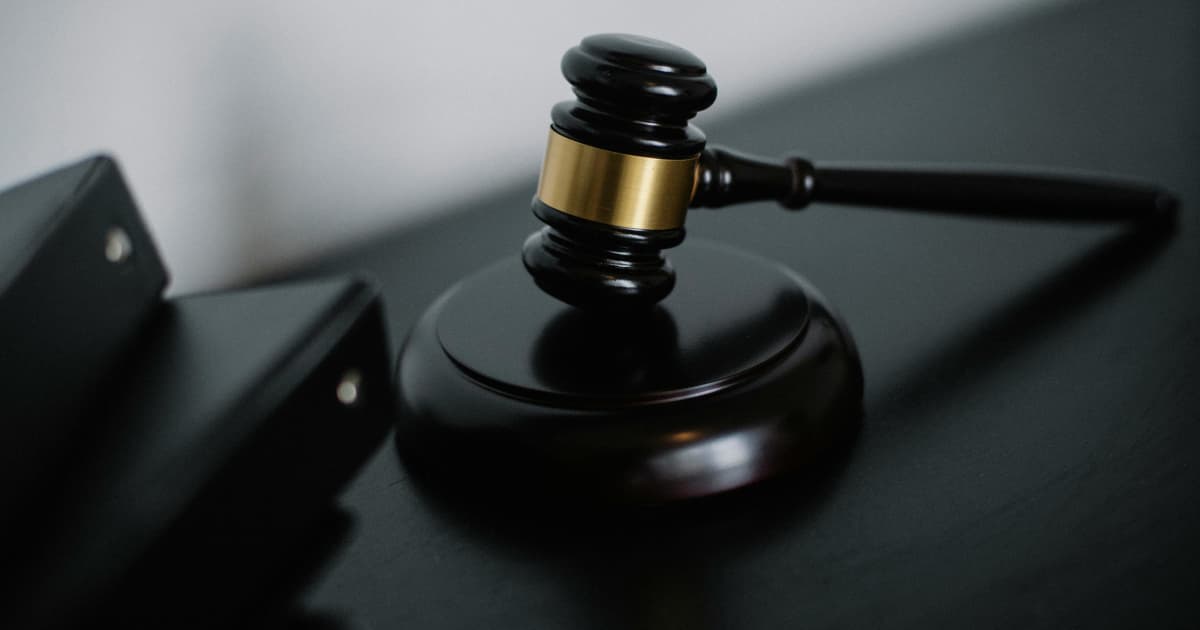The U.S. Court of Appeals for the D.C. Circuit has issued a landmark ruling that definitively establishes human authorship as a fundamental requirement for copyright protection. The decision upholds the U.S. Copyright Office's denial of copyright registration for artwork autonomously generated by an artificial intelligence system.
The court's ruling explicitly interprets the Copyright Act's definition of 'author' as presuming a human creator, effectively setting a critical legal precedent for emerging technologies in content creation. This decision carries substantial implications for authors, startups, and entrepreneurs increasingly integrating AI into creative workflows.
Legal experts emphasize that while artificial intelligence can be a powerful creative tool, the core of copyrightable work must originate from human creativity. The ruling provides crucial clarity on the boundaries of intellectual property rights in an era of rapidly advancing technological capabilities.
For businesses and creators, the decision underscores the importance of maintaining meaningful human involvement in content generation to secure copyright protections. It signals that AI can assist in creative processes, but cannot independently claim legal ownership or protection for generated works.
The ruling represents a significant moment in intellectual property law, addressing the complex intersection of technological innovation and traditional legal frameworks governing creative expression. It provides a clear guideline for how copyright law will approach AI-generated content in the foreseeable future.




